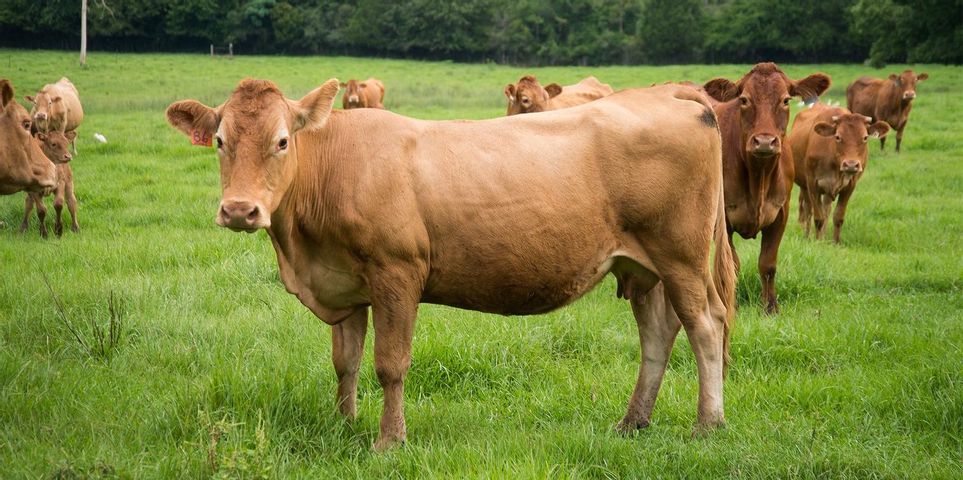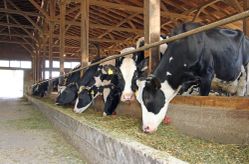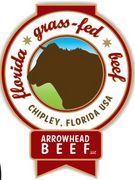5 Major Differences Between Small Farm & Mass-Produced Beef

Most beef purchased from supermarkets comes from factory farming. Mass-produced meat may be low-cost, but that price difference is outweighed by the drop in quality and concerns about industrial farming practices. Grass-fed beef from small farms is the preferred choice because they take a traditional approach to producing meat. Here’s what sets farm-fresh beef apart from mass-produced.
What Makes Small Farm & Mass-Produced Beef Different?
1. Nutritional Value
When it comes to nutritional value, grass-fed beef comes out on top. Factory farm cattle are fed grain and corn to grow faster. However, cows are ruminants, meaning their bodies are designed to subsist on grasses and plants. This unnatural diet results in mass-produced beef lacking many of the nutritional benefits found in beef from small farms. For example, grass-fed beef contains less total fat and more antioxidants, omega-3 fatty acids, and conjugated linoleic acid, linked to a lower risk of heart disease.
2. Additives
 Cattle on industrial farms are given growth hormones, antibiotics, and other additives to produce beef more suitable to a mass market. The overuse of antibiotics has resulted in antibiotic-resistant bacteria. Any beef produced from infected animals can be contaminated. Grass-fed cattle, on the other hand, are not given antibiotics or other additives.
Cattle on industrial farms are given growth hormones, antibiotics, and other additives to produce beef more suitable to a mass market. The overuse of antibiotics has resulted in antibiotic-resistant bacteria. Any beef produced from infected animals can be contaminated. Grass-fed cattle, on the other hand, are not given antibiotics or other additives.
3. Tradition
One of the significant ways small farms stand out is their commitment to traditional practices. Factory farming places quantity over quality, producing enormous amounts of meat as quickly as possible. Local and family-owned farms pay close attention to quality, choosing to focus on the health and happiness of a small number of cattle to produce superior beef.
4. Ethics
In recent years, factory farming has come under scrutiny for its use of unethical practices. Industrial animals are often crammed together in tight spaces without any fresh air. This leads to unsanitary conditions, where disease spreads easily. On small farms, conditions are much more natural and humane. Cattle can spread out, move freely, and graze on open pastures.
5. Environmental Impact
Factory farming produces excessive amounts of hazardous waste, contaminating local air, water, and soil. This leaves communities on their own to deal with the effects of environmental damage. Because grass-fed beef comes from small farms that only raise what they are capable of handling, they produce much less waste and often employ sustainable practices to conserve natural resources.
If you are looking for premium quality farm-direct beef that can’t be found at the supermarket, come to Arrowhead Beef in Chipley, FL. This family farm takes a traditional approach to farming, producing only 100% grass-fed, grass-finished beef completely free of hormones and antibiotics. They offer an incredible selection of flavorful steak cuts, roasts, Wagyu beef, and Berkshire pork. Browse their products and start shopping for grass-fed beef online. To schedule a pickup at the farm, call (850) 270-8804.
About the Business
Have a question? Ask the experts!
Send your question

